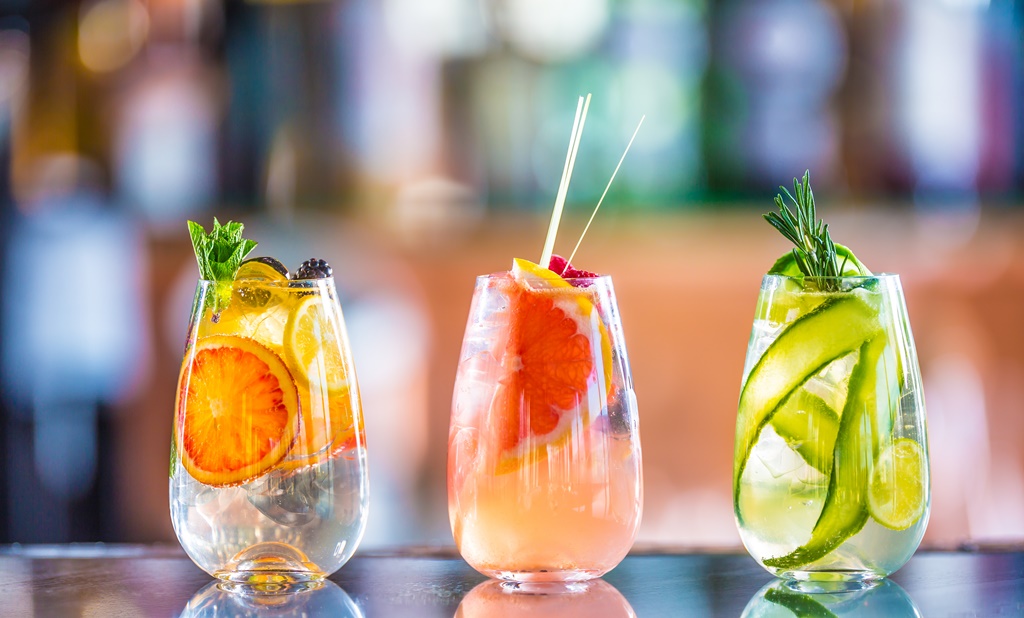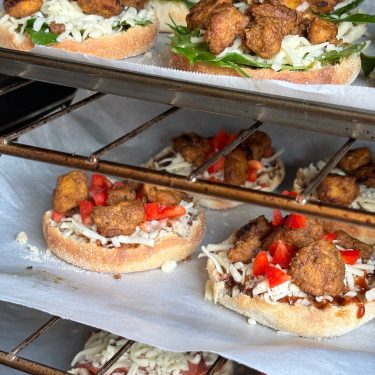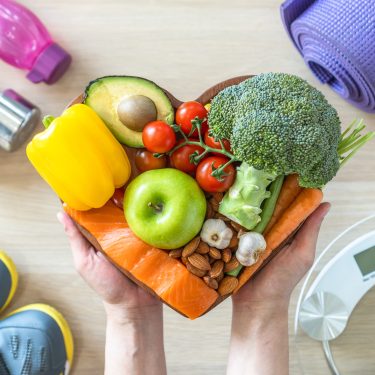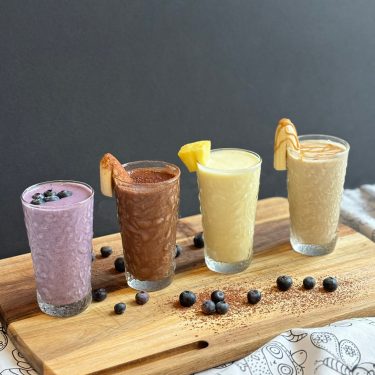


IS THERE ONE TYPE OF ALCOHOL BETTER THAN ANOTHER FOR MY HEALTH?

Santé
June 22, 2021
Centre Multisports
(Français) Une question qui revient régulièrement est de savoir quel alcool est « le plus santé » ou « le meilleur » pour ne pas nuire à notre perte de poids ou à nos gains musculaires en entraînement. Avant tout, je tiens à préciser que l’alcool ne fait pas partie intégrante d’une saine alimentation et le but de mon texte n’est pas d’en faire la promotion, mais je crois tout de même que cette question mérite une réponse.
It would be easy for me to simply tell you not to drink it, but the reality is that alcohol is an integral part of our social relationships whether it is during outings with friends, family events or even when business meetings. I will therefore try to give you the information you need to consider when making the choice to consume alcohol while wishing to achieve your training goals.
Weight loss goal
First, it is important to understand that the alcohol found in the drinks we consume is called ethanol. For 1 gram of alcohol, we get 7 so-called “empty” calories, because they contain little or no micronutrients (vitamins and minerals). Alcohol is often mixed with other liquids that also contain calories (juice, liquor), mainly from sugars. It must therefore be taken into consideration that these calories are added to your daily energy intake, so if you are in caloric surplus, you could possibly gain weight.
It is also important to understand that alcohol can alter the signals sent by the brain. Among other things, it can impair your ability to recognize nervous messages telling you that you are full. You are therefore more likely to feel peckish and eat more after consuming alcohol. Again, we increase calorie intake which can interfere with our weight loss goals.
Another important point to emphasize, the calories of alcohol are used to bring energy to the body. Their conversion into energy is not very efficient, but their use by the metabolism takes priority over sugars and fats. You will understand that if your caloric expenditure is not important enough, and that you do not use your sugars, because your body uses the energy coming from alcohol, they could be stored in fat and thus harm your objectives. weight loss or muscle gain.
Muscle gain goals
By observing the literature on the subject, we observe that moderate alcohol consumption (on average: 3 drinks for a man, 2 drinks for a woman) does not seem to alter the development of muscle mass for people following a program. resistance training.
For consumption in excess of moderation, alcohol would have harmful effects, particularly on muscle mass. To name a few, one effect is the production of myostatin which has an inhibitory effect on muscle growth. Excessive consumption would also decrease the synthesis of glycogen (our energy reserve) and muscle inflammation that occur following a major effort. These phenomena are important in the recovery process following a training session.
There are also disturbing effects on the quality of sleep and well-being which affects not only recovery and muscle development, but also the motivation to train as well as its performance capacities in training the next day.
Answer to the question
To answer the original question, it would be better to prioritize alcoholic beverages with a lower caloric value. For mixed drinks, a good way to do this is to prioritize carbonated water over juice. Here is an example :
Vodka soda
-45 ml of vodka 40% = 98 calories
-125 ml of soda = 76 calories
-Total = 174 cal
Perrier Vodka
-45 ml of vodka = 98 calories
-125 ml of flavored Perrier = 0 cal
-Total = 98 calories
For the same consumption, the caloric intake has greatly decreased. Imagine if we consume 2, 3 or more in an evening, we see that the choice of the accompanying drink makes a big difference.
Another advice would be to prioritize a diet rich in proteins and vegetables and low in concentrated sugar and refined/processed products (ex: pastries, muffins, white bread, sugary cereals, etc.) When you know that you will consume alcohol in the evening. This will help you compensate for the lack of vitamins and minerals in alcohol and will reduce your sugar intake.
Finally, with summer rapidly approaching, keep in mind that if you choose to consume alcohol, your muscle mass gain and weight loss results may be negatively affected. By consuming in moderation and adapting your training and diet on the days when you plan to drink, it is possible to limit the impact on your training goals!
Ianick Calamia B.Sc, Kinesiologist
References
Éduc alcool, L’alcool et l’activité physique, 2016
Jade Teta, Alcohol & Weight Lifting, Weight Loss & Fitness
Gouvernement du Canada, Fichier canadien sur les éléments nutritifs (FCÉN) – Recherche par aliment











